Those interested in organizing a special session are urged to contact the Conference Chairs at giuseppe.pitarresi@unipa.it and pir3@pitt.edu with a concise title and a short description.
Approved sessions will be posted on the website as soon as possible.
Click here to download the Special Session Template
SS#01 - Non-Destructive Monitoring of Structural Integrity
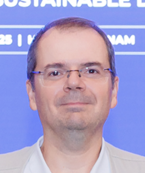
Dimitrios Aggelis
Department Mechanics of Materials and Constructions, Vrije Universiteit Brussel (VUB), Pleinlaan 2, 1050, Brussels, Belgium
Dimitrios.aggelis@vub.be
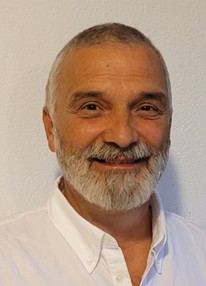
Giuseppe Lacidogna
Department of Structural, Geotechnical and Building Engineering, Politecnico di Torino, Corso Duca degli Abruzzi 24, 10129, Torino, Italy.
giuseppe.lacidogna@polito.it.
Proper condition evaluation and maintenance are essential for structures in all fields of engineering. In addition, the increase of performance requirements for contemporary materials calls for better control of the structural Integrity. This leads to an urgent necessity to upgrade the capabilities of non-destructive inspection of existing structures aiming at prolonging their safe operational life and increase the safety level and lessen the economic impact of carrying out extensive repairs or new construction. Quantitatively ensuring the integrity of structures is essential for achieving sustainable infrastructure worldwide. In this context, non-destructive testing (NDT) methods can be employed both in situ and under laboratory conditions, where they play a vital role. This session welcomes contributions from all areas of NDT—whether applied on-site or developed in the laboratory—for assessing damage, evaluating repair effectiveness, and characterizing or advancing innovative materials.
SS#02 - Additive Manufacturing of High Integrity Parts
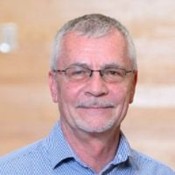
Professor Paul Wood, PhD
Institute of Innovation in Sustainable Engineering, College of Science and Engineering, University of Derby, Derby DE22 1GB, UK
p.wood7@derby.ac.uk
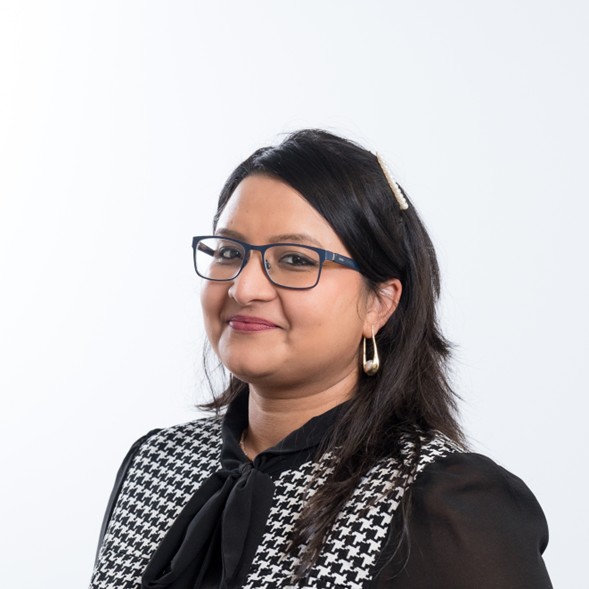
Dr. Urvashi F Gunputh
Institute of Innovation in Sustainable Engineering, College of Science and Engineering, University of Derby, Markeaton St, Derby DE22 3AW
U.Gunputh@derby.ac.uk
The additive manufacturing of metals and their alloys is driven by freedom of design and efficiency in manufacturing. These factors have the greatest impact on healthcare, aviation, construction, and nuclear sectors. There remain, however, barriers to the use of metal and polymer additive manufacturing (AM). Especially understanding the processing effects on the developed microstructures and defects, and how these impact the properties of the parts made using either powder or wire feedstocks. These challenges are especially acute in those industry sectors that are highly regulated and demand consistent high integrity parts.
To accelerate the pace of the wider adoption of AM in regulated industry sectors, this special session invites papers and presentations on topics that tackle the barriers to the use of metals and polymers made by AM. The latest thinking on this topic from research active academics covering for example the pre-processing, processing and post-processing treatments of materials made by AM, and how defects can be mitigated and properties enhanced are especially welcomed.
SS#03 - Experimental and Numerical Mechanics for Sustainable Additive Manufacturing of Polymers and Fiber-Reinforced Composites
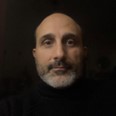
Guido Di Bella
Department of Engineering, University of Messina, Contrada di Dio, 98166
Messina, Italy
guido.dibella@unime.it
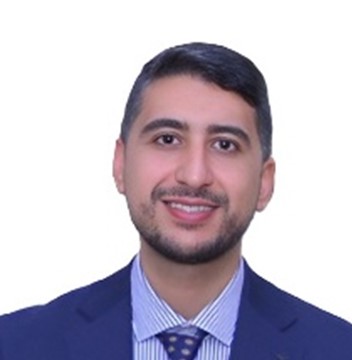
Mohamed Chairi
CNR ITAE, Salita S. Lucia sopra Contesse 5, 98126 Messina, Italy
mohamedchairi@cnr.it
This Special Session focuses on advanced experimental and numerical methods for the mechanical characterization of additively manufactured polymer components and fiber-reinforced composites. The growing use of AM for structural applications requires a deeper understanding of how processing parameters, material architectures, and manufacturing strategies influence the mechanical response of printed parts. The session covers a wide range of polymer families, including thermoplastics, thermosets, photo-curable resins (mSLA/DLP), bio-based formulations, and recycled polymers, with particular interest in extrusion-based technologies such as Fused Filament Fabrication (FFF), widely employed for both neat polymers and composite systems.
Specific attention is devoted to polymer matrix composites reinforced with conventional fibers (carbon, glass, aramid) and natural or bio-derived fibers, whose relevance is increasing within sustainability-driven design. Topics include fatigue and fracture behavior, residual stress development, micro-mechanical mechanisms, thermal and thermo-mechanical responses, and the role of process-induced defects. Contributions on multi-material interfaces, hybrid deposition strategies, TPMS lattices, architected structures, and in-situ or full-field monitoring techniques are also encouraged.
Numerical studies, such as finite element simulations, multi-scale or physics-based models, and data-driven predictive frameworks, are welcome, particularly when linking manufacturing parameters and fiber architectures to structural performance. Sustainability-oriented assessments and integrated experimental–numerical methodologies supporting efficient and environmentally responsible AM processes are strongly invited.
SS#04 - Wood Mechanics and Timber Engineering
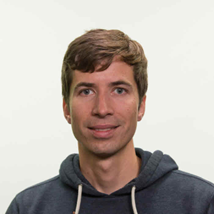
Michael Schweigler
Department of Building Technology, Linnaeus University, Växjö, Sweden
michael.schweigler@lnu.se
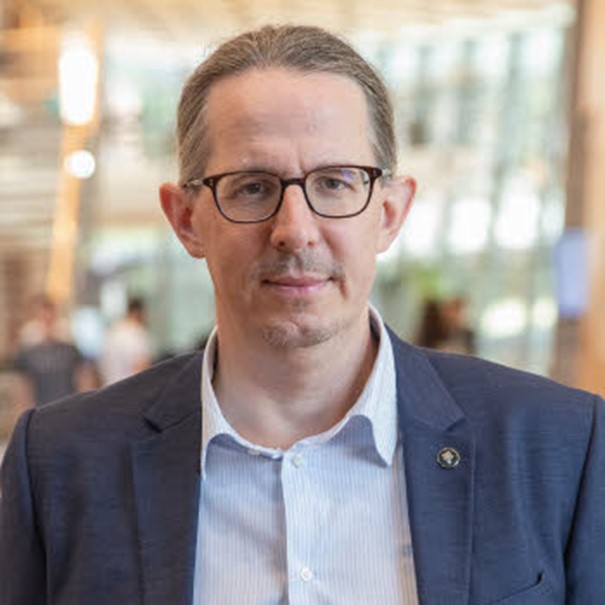
Michael Dorn
Department of Building Technology, Linnaeus University, Växjö, Sweden
michael.dorn@lnu.se
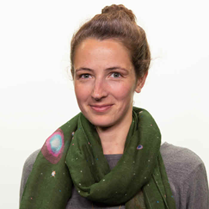
Eva Binder
Department of Building Technology, Linnaeus University, Växjö, Sweden
eva.binder@lnu.se
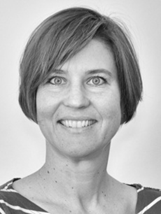
Carmen Sandhaas
Timber Structures and Building Construction, Karlsruhe Institute of Technology, Germany
carmen.sandhaas@kit.edu
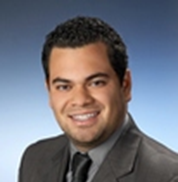
Luis Zelaya-Lainez
Institute of Mechanics of Materials and Structures, TU Wien – Vienna University of Technology, Austria
luis.zelaya@tuwien.ac.at
This special session invites contributions that advance experimental mechanics in wood and timber research across all scales. Topics include:
• Microscale: cell behavior, fibers, pulp, and paper
• Macroscale: solid wood, engineered wood products, laminated members
• Structural scale: building applications, construction details, historical timber structures
• Connections: traditional joinery, glued joints, mechanical fasteners
• Wood-based biocomposites: from micro- to macroscale
• Hybrid and composite timber systems
• Monitoring and structural health assessment
• Damage and failure mechanisms in wood, wood products, and biocomposites
• Novel measurement systems for wood mechanics
• Time- and moisture-dependent behavior
• Complex loading cases: biaxial, dynamic, hygromechanical
• Non-conventional species as building materials, including hardwood
The session aims to foster discussion on innovative experimental methods, material characterization, and structural performance, supporting sustainable and resilient timber construction. Researchers are encouraged to submit abstracts presenting new findings, methodologies, and applications in the field of wood mechanics and timber engineering.
SS#05 - Experimental Mechanics in Extreme and Complex Environments
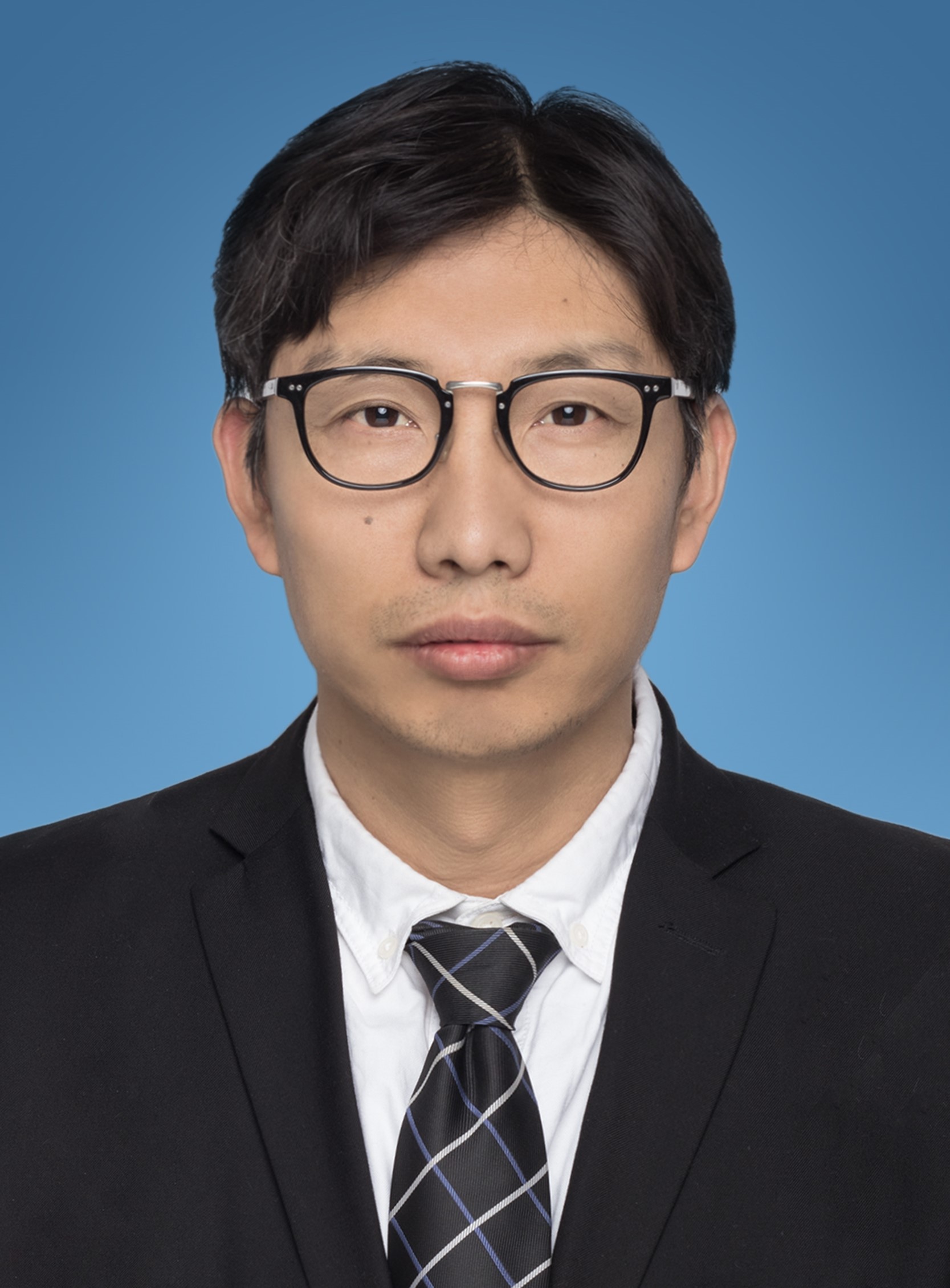
Xingyi Zhang
Department of Mechanics and Engineering Sciences, College of Civil Engineering and Mechanics, Lanzhou University, Lanzhou, Gansu 730000, PR China
zhangxingyi@lzu.edu.cn
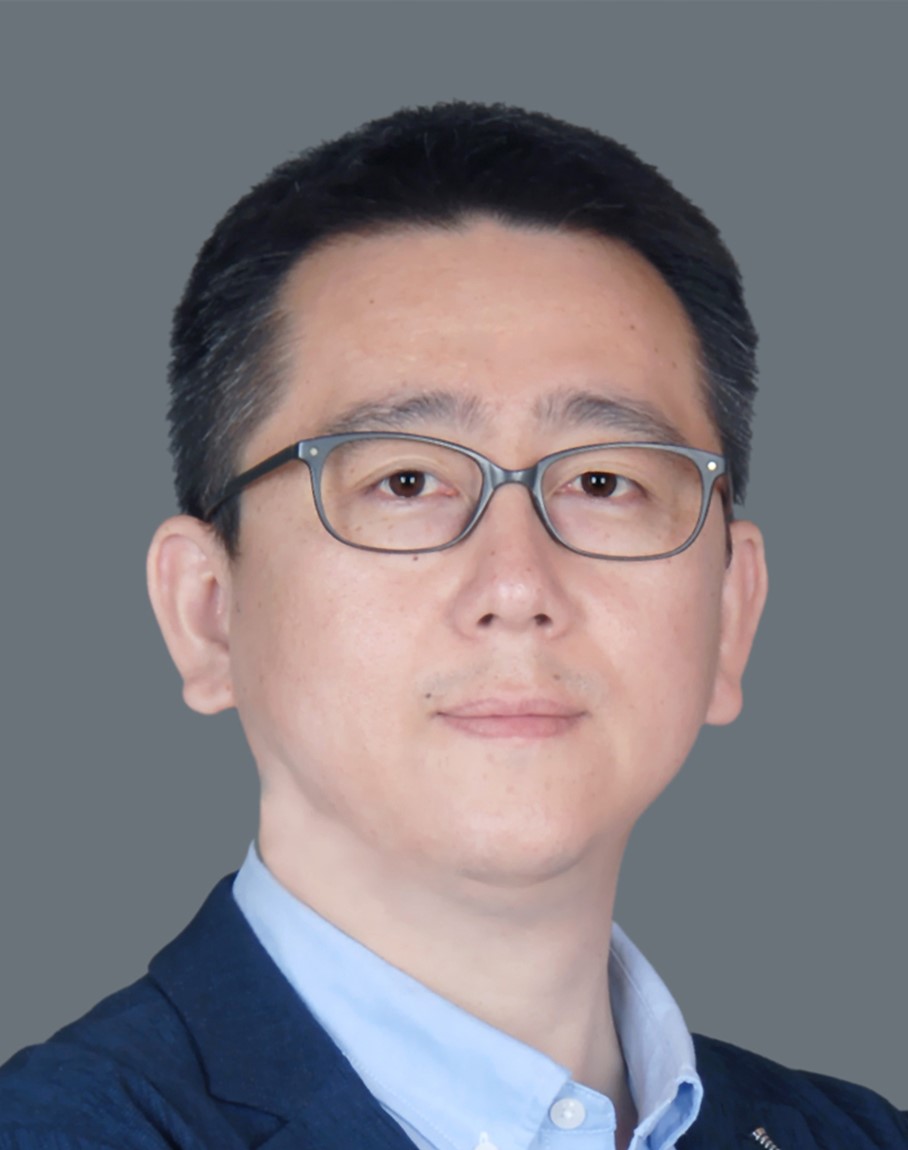
Chong Wang
Sichuan University, 24 South Section 1, 1st Ring Road, Chengdu, China,610065
chongwang@scu.edu.cn
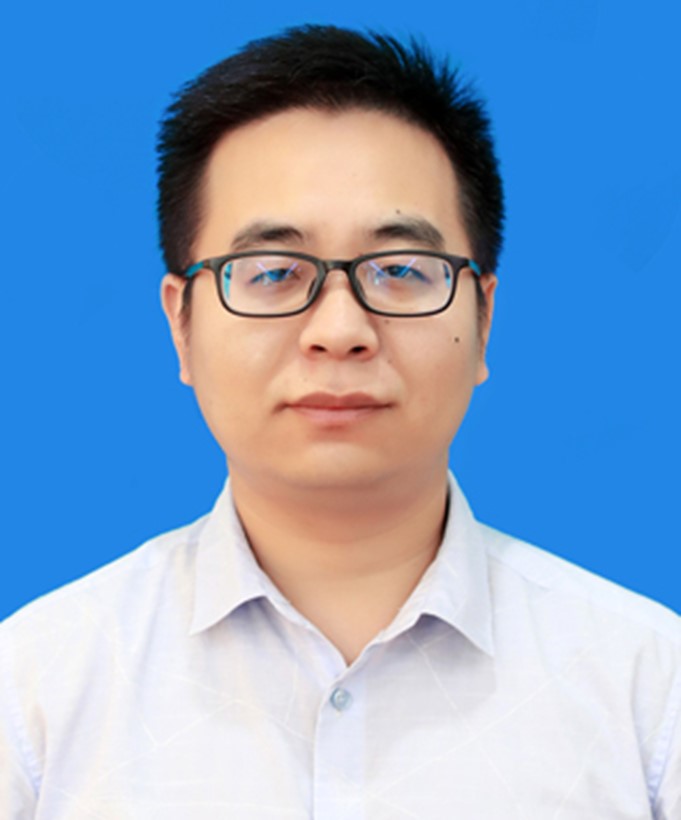
Zhengzhi Wang
Department of Engineering Mechanics, School of Civil Engineering, Wuhan University, Wuhan, Hubei 430072, China
zhengzhi.wang@whu.edu.cn
This session is dedicated to exploring experimental mechanics under extreme and complex environmental conditions, which challenge conventional measurement techniques and push the boundaries of material and structural behavior understanding. Topics of interest include, but are not limited to, mechanical responses under high-temperature, cryogenic, high-pressure, corrosive, dynamic multi-field coupling, and/or extreme loading rates. Advanced experimental methods, such as non-contact measurement, digital image correlation, in-situ testing, multi-scale measurements, and novel sensing technologies, will be highlighted to address the intricacies of deformation, fracture, and failure mechanisms. Applications range from traditional aerospace and energy systems to emerging fields such as deep-sea engineering, extreme manufacturing, biomechanics, and sustainable materials. By fostering interdisciplinary dialogue, this session aims to showcase cutting-edge research that bridges experimental innovation with theoretical and computational approaches, ultimately contributing to the safety, reliability, and performance of next-generation engineering systems.
SS#06 - Damage evolution and failure mechanisms in advanced bioceramics and composites
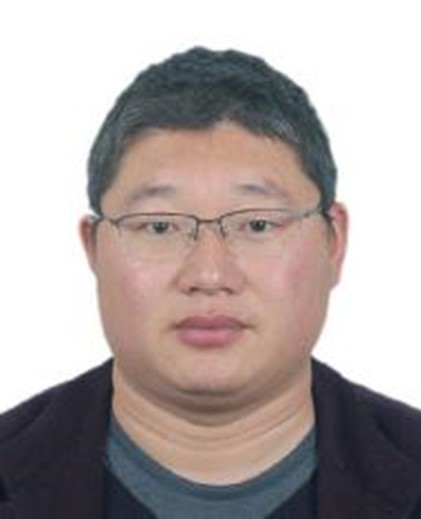
Chong Wei
School of Mechanical and Transportation Engineering, Northwestern Polytechnical University, Xi’an, China.
Mail address: chong.wei@nwpu.edu.cn

Fei Zhang
KU Leuven, Kasteelpark Arenberg 44, Belgium
Mail address: fei.zhang@kuleuven.be
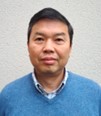
Bo Su
University of Bristol, UK
Mail address: b.su@bristol.ac.uk
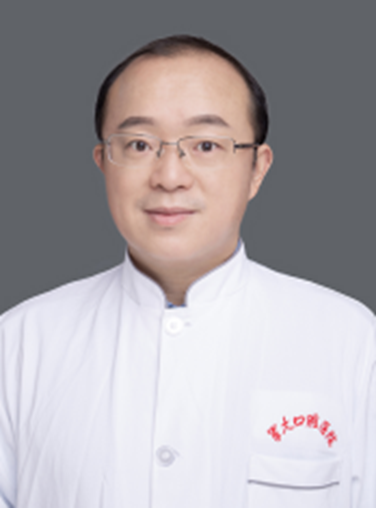
Shibao Li
Fourth Military Medical University, Xi’an, China
Mail address: lishibao@fmmu.edu.cn
The long-term performance of dental and orthopedic restorations is often limited by material degradation under complex physiological loads. Addressing critical clinical concerns regarding implant longevity and fracture risk, this symposium explores the microstructural evolution of advanced biomaterials during fabrication and service.
We welcome papers addressing fracture mechanics, damage sensing, and lifetime prediction models for brittle and quasi-brittle biomaterials. Special emphasis is placed on the behavior of ceramic implants and resin-based composites under clinically relevant cyclic loading and contact stress. This forum aims to bridge the gap between applied mechanics, materials science, and clinical applications to foster safer, more durable implant designs.
SS#07 - Novel Design Trends and Applications in Additive Manufacturing
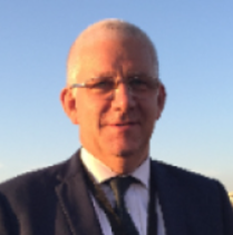
Dario Croccolo
Department of Industrial Engineering, University of Bologna, Viale del Risorgimento 2, 40136 Bologna, Italy
dario.croccolo@unibo.it
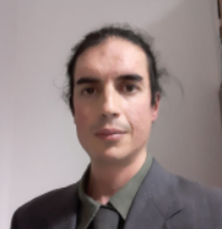
Mattia Mele
Department of Industrial Engineering, University of Bologna, Viale del Risorgimento 2, 40136 Bologna, Italy
mattia.mele@unibo.it

Giorgio Olmi
Department of Industrial Engineering, University of Bologna, Viale del Risorgimento 2, 40136 Bologna, Italy
giorgio.olmi@unibo.it
Additive Manufacturing (AM) is widely adopted because it enables the rapid production of complex, monolithic parts and reduces time to market. Key research challenges include qualifying new materials and treatments, enabling multi-material processing, and assessing mechanical performance under variable loads. On the design side, AM supports structural and topology optimization, with growing interest in meta-materials and lattice structures for lightweight and sustainable solutions, supported by an appropriate selection of process parameters.
Papers dealing with these topics are particularly welcomed in this Special Session:
• Novel materials.
• Novel heat- or surface-treatments.
• Bi- and multi-material applications.
• Hybrid Additive Manufacturing.
• Dynamic and fatigue loads at room and high temperature conditions.
• Structural optimization, topological optimization.
• Metamaterials and lattice structures.
• Maximization of strength-to-weight or stiffness-to-weight ratios for eco-sustainability.
• Eco-sustainability of the process and energy consumption reduction pursued by a suitable choice of fabrication and post-fabrication parameters.
• Practical case studies with applications to automotive and industry.
SS#08 - Recent Advances in Thermoelastic Stress Analysis
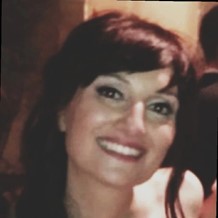
Rosa De Finis
University of Salento, Department of Engineering for Innovation
rosa.definis@unisalento.it
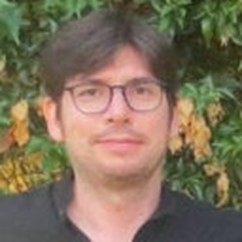
Davide Palumbo
Polytechnic of Bari, Department of Mechanics, Mathematics, Management
Davide.palumbo@poliba.it
Thermoelastic Effect-based Stress Analysis (TSA) is a consolidated technique that provides information on stress/strain from the object’s temperature. The need for dynamic loading makes this technique attractive for characterizing/monitoring materials and structures under fatigue. Infrared Thermography enables non-contact full-field analysis with low material selection, preparation and test setup requirements. The above features have made TSA a versatile option for experimental stress analysis under dynamic loading conditions.
Advances in signal processing and hardware are continuously pushing the boundaries for effective applications of TSA-based experimental setups. This symposium aims to bring together practitioners of this technique to discuss state-of-the-art and future perspectives.
The TSA community is invited to submit abstracts in the following and related areas:
• Progresses in signal-processing strategies
• Use of low-cost infrared sensors
• Integration and data fusion with other full-field experimental/numerical techniques
• Second-harmonic analyses and higher-order Thermoelastic law
• TSA for the evaluation of fracture toughness and fatigue crack growth
• TSA for Structural Health Monitoring and damage detection
• Thermoelastic signal in anisotropic/non-homogeneous materials and structures
• Applications involving innovative and non-conventional materials
• TSA under vibration and high-frequency loading
• TSA in non-laboratory and large-scale setups
• Industrial Case Studies and Case Histories
SS#09 - Experimental Mechanics with in situ X-ray & neutron CT
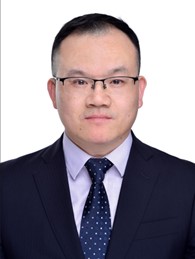
Shengchuan Wu
State Key Lab. of Rail Transit Vehicle System 610031, China
wusc@swjtu.edu.cn

Philip J. Withers
Henry Royce Institute, Department of Materials, The University of Manchester, Manchester M13 9PL, UK
p.j.withers@manchester.ac.uk
Advances in time resolved X-ray and Neutron computed tomography (CT) now provide an effective means of understanding the full-field damage in 3D over time of engineering materials and components in situ within the physics-based framework of fracture mechanics. These techniques are shining new light on ways to tailor the mechanical performance as a function of deformation and environment. Complementing post-mortem SEM, OM, etc., CT enables the potency of defects to be assessed, fracture mechanics quantities to be quantified in real time, or in a time-lapse manner over longer timescales, in components and test-pieces under static, fatigue, corrosion or thermomechanical loading. It can be combined with DIC/DVC to map strain fields, or with diffraction to map stress fields, or to quantitatively probe Processing-Structure-Property-Performance relationships in, for example, additive manufacturing. It can be used to setup up image-based multi-scale fracture mechanics modelling, or to validate analytical or numerical fracture mechanics models of damage accumulation. It can contribute to the estimation of safe life or to the qualification of safety critical parts, reducing the likelihood of unexpected failures, extending service lives and lowering maintenance costs. Contributions will encompass studies in structural mechanics, advanced materials, across the mechanical, aero, civil and materials sciences.
SS#10 - Honoring the Career of Dr. Francesco Lanza di Scalea (by invitation only)
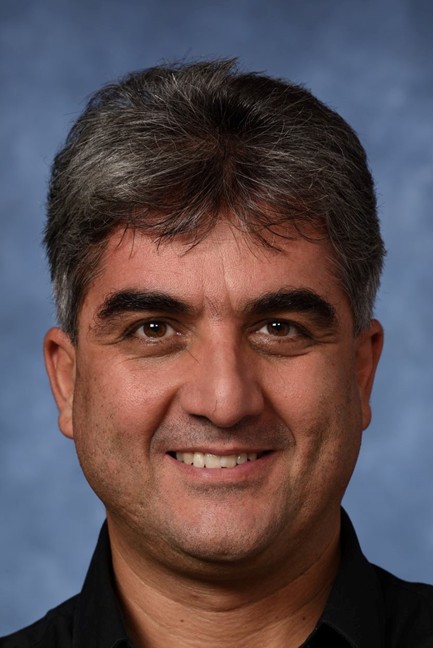
Piervincenzo Rizzo
Department Civil and Environmental Engineering, University of Pittsburgh, USA, pir3@pitt.edu
The year 2027 marks the 30th anniversary of Dr. Francesco Lanza di Scalea receiving his Ph.D. To commemorate three decades of pioneering contributions, we are pleased to host a special session celebrating his distinguished career.
Dr. Lanza di Scalea is currently a Professor in the Department of Structural Engineering at the University of California, San Diego, where he directs the NDE and Structural Health Monitoring Laboratory. Over the last 30 years, he has developed novel testing and diagnostics technologies to assess the properties of materials and structures. His specialties include solid mechanics, structural dynamics, strain measurements, linear and nonlinear wave propagation, and many NDE methods applied to Health Monitoring, Non-Destructive Evaluation and Experimental Mechanics problems. He is a Fellow of ASA, ASNT, SEM and ASME, and the Associate Editor of several scholarly journals in the field. Many of his former students are now professors in various Universities worldwide.
While the session is open to all attendees, please note that abstracts and presentations are by invitation only.
